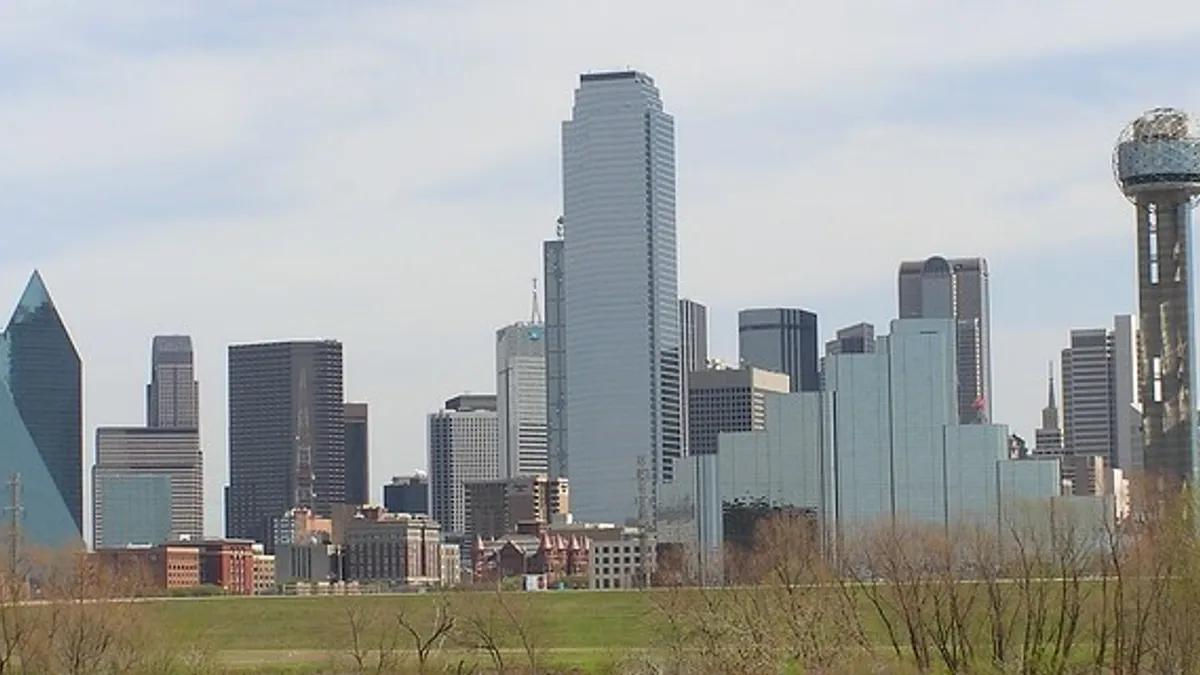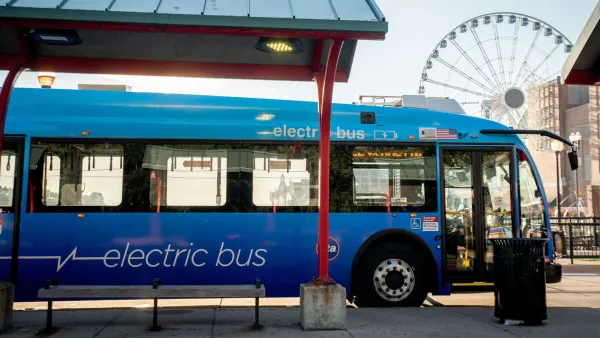Editor's Note: The following is a guest post from Chris Marchese, policy counsel at NetChoice.
Getting from point A to point B in Dallas used to be simple enough — you could drive, take public transportation, walk, bike or use a ride-sharing app.
But as Dallas gets bigger, getting around is increasingly difficult. Since 2010, Dallas' population grew by more than 12% and the city’s public transit system isn’t keeping up. Walkable areas of Dallas comprise a meek 0.1% of the metro area, so almost all trips in the area require residents to own or hail a car.
Dallas traffic congestion is up 34% since 2010, costing commuters an additional $4.1 billion in fuel costs. Dallas-Fort Worth (DFW) now ranks as the most congested area of Texas and the 10th most congested city in the country. And with so many cars on the road — most of them seemingly sitting in traffic — DFW’s air quality suffers. Dallas even ranked as the 17th most polluted city in the nation.
Given these transportation problems, it's surprising Dallas isn’t embracing e-scooters more as a new transportation alternative that gets cars off the road and makes accessible much of DFW's unwalkable lands. Affordable, reliable and convenient, electric scooters let people travel around at a fraction of the cost of buying and maintaining a bike. These devices are so popular that Americans took nearly 39 million trips on scooters in 2018.
By enabling citizens to access more scooters in Dallas, residents get more travel options, less congestion and cleaner air. Scooters also provide a cheap way for Dallas to adapt its existing infrastructure — roads, roads, and more roads — to its residents’ transportation needs.
To ensure scooters don’t meet the same fate as Dallas’ failed experiment with dockless bikes, Dallas’ City Council should not only increase the number of scooters allowed on the streets, but also steer clear from unreasonable regulations that discriminate against scooters.
Arbitrary curfews, indemnification for injuries caused by the city’s derelict maintenance of roads, burdensome parking requirements targeted only at scooters and imposition of fees that cars and rental bikes escape will ensure scooters fail and leave residents unhappily reliant on cars.
Even if these irrational regulations don’t drive away business completely, they won’t protect residents. After all, why can you ride a bike after 9 p.m. but not a scooter? Atlanta still hasn’t answered.
Of course, growing pains have accompanied the introduction of scooters. Reports of cluttered sidewalks and rider injuries should not be ignored. But instead of banning scooters, regulating them out of existence or reducing competition and consumer choice, the Dallas City Council should treat them like they do bikes and other similar forms of microtransit.
This could mean, for example, requiring scooters to have lights and bells. These sensible regulations treat health-and-safety precautions without stifling innovation or stamping out choice.
Regardless of what the city council does, Dallas residents will still need to get from point A to point B. But with scooters in the mix, Dallas residents will substitute scooters for car travel, cut carbon emissions, reduce congestion and smog, and have a cheaper and safer option to traverse the 90% of DFW’s land that remains unwalkable.










